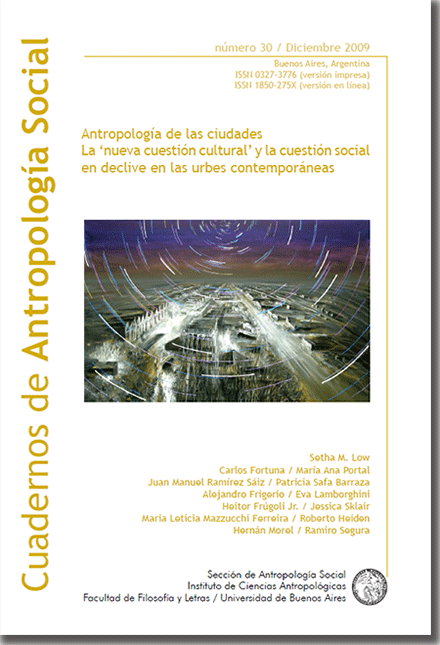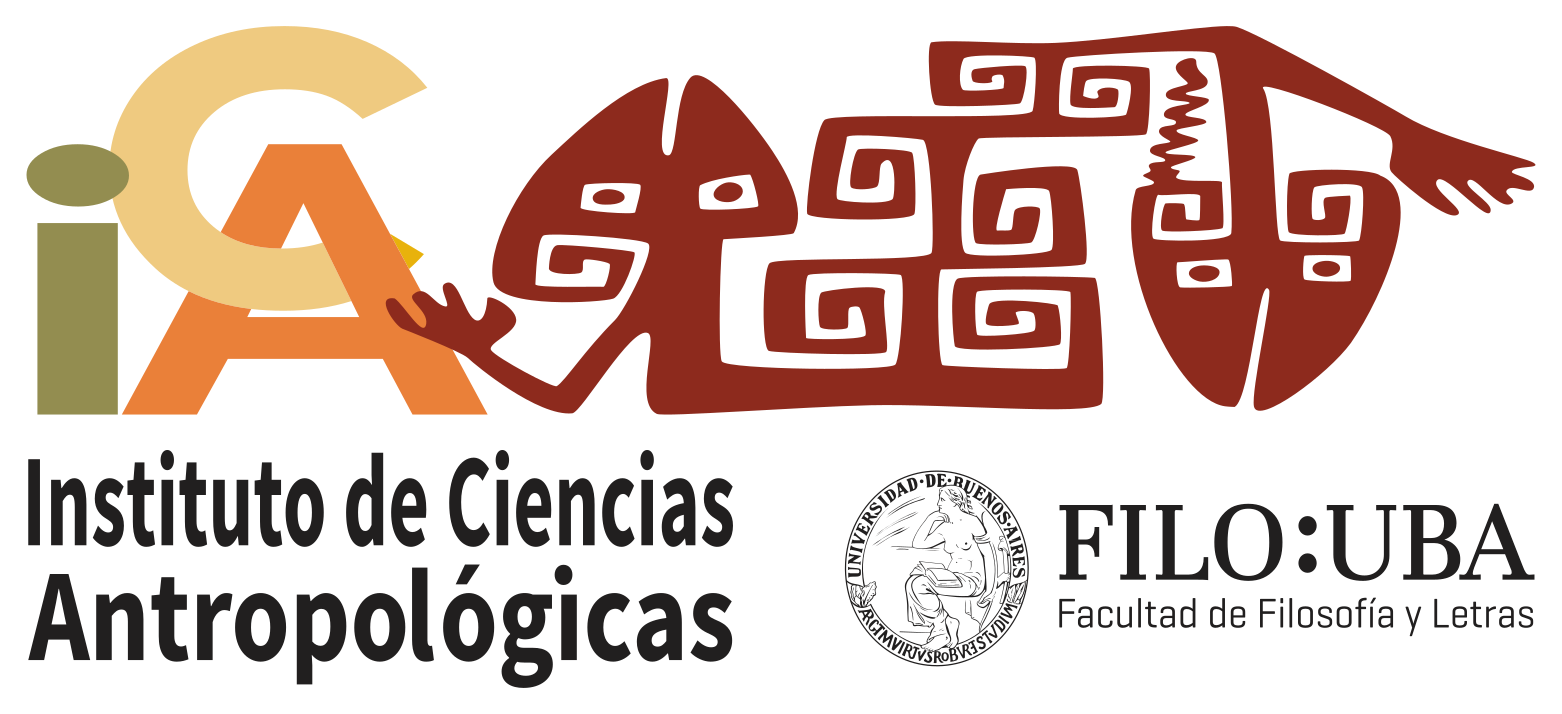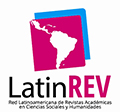Closing and disclosing public space in the Latin American city
Abstract
This analysis provides a glimpse of the contradictions between the artistic and often idealized representational purposes of the urban plaza, and its political and economic base. Bringing these contradictions to light helps to demystify and highlight the ways in which public urban design is deeply ideological (rather than neutral) both in artistic style and political purpose. Further, by identifying the political and economic objectives of designed public space, its planning, design, construction, or refurbishing takes on new meaning. A public space that is valued ostensibly as a place for people to sit, read, and gather, becomes a strategy for revitalizing a declining city center, a tourist center, and a means of attracting new investments and foreign capital.Downloads

Esta obra está bajo una Licencia Creative Commons Atribución 4.0 Internacional
Cuadernos de Antropología Social sostiene su compromiso con las políticas de Acceso Abierto a la información científica, al considerar que tanto las publicaciones científicas como las investigaciones financiadas con fondos públicos deben circular en Internet en forma libre, gratuita y sin restricciones.
Los contenidos y opiniones expresadas en los artículos publicados son de entera responsabilidad de sus autores.
Los autores/as que publiquen en esta revista aceptan las siguientes condiciones:
- Los autores/as conservan los derechos de autor y ceden a la revista el derecho de la primera publicación, bajo la licencia de atribución de Creative Commons, que permite a terceros utilizar lo publicado siempre que mencionen la autoría del trabajo y a la primera publicación en esta revista.
- Los autores/as pueden realizar otros acuerdos contractuales independientes y adicionales para la distribución no exclusiva de la versión del artículo publicado en esta revista (p. ej., incluirlo en un repositorio institucional o publicarlo en un libro) siempre que indiquen claramente que el trabajo se publicó por primera vez en esta revista.















